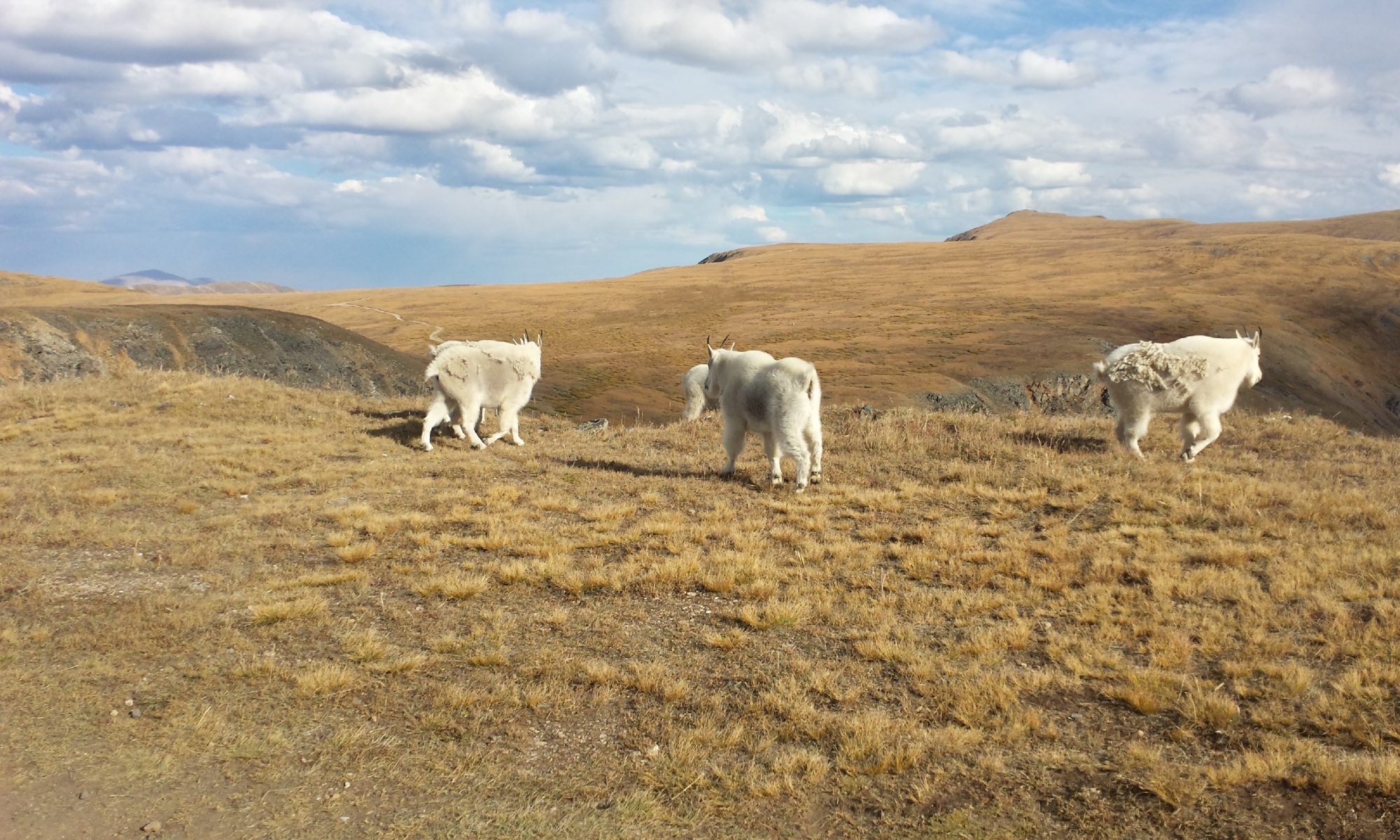This story tells of the tragedy of independence for the traditional Moroccan woman. Initially, Zahra fought for independence only to find the fruits of her labor died on the vine at independence. To add insult to injury, she only could find work as a cleaning woman for a French cultural center. Now the colonizers who she fought against are her only means of support.
Once again, it appears that the women of Morocco were duped into trusting the men would give them their fair share. Once again, the men betrayed them.
Certain passages such as the following bear striking resemblances to portions of the book Animal Farm.
“He ate with a fork and I with my fingers. The sound of his fork hitting the plate,” (pg 54) and “He packs the kif carefully into a small pipe which looks like a thimble, lights it and sucks in, making the kif burn like a live coal. Smoke seems on the verge of coming out of his ears as well when Roukia, mirroring my own thoughts, says, ‘You’d better stop doing that stuff or they’ll drag your name through the mud.’ ‘Soon he’ll be smoking European pipes and cigars,’ I add, ‘Independence has played tricks with their heads.” (pg 63).
Just as the pigs in Animal Farm turned into men, the resistance fighters of Morocco have turned into the French. It seems that wherever a colonizing power leaves, the locals become even more colonial than the original colonizers! The Moroccans became more French than the French, the Egyptians more British than the British and the Mexicans more Spanish than the Spaniards. Regardless of when or where the colonization and revolution took place, it seems that the result is the same.
The only real twist in North Africa and the Middle East comes with women’s rights. Regardless of all their fighting for the resistance, once it was over, they were even worse off than when they started. Women that stuck with tradition were often cast by the wayside in favor of women who wore French clothes and cut their hair short, such as Zahra. She was thrown out in favor of a 20something “secretary” who dressed like a French woman and maybe would bear children for Zahra’s husband. Having received no formal education beyond the literacy classes she took during the resistance, Zahra was forced to in turn try to spin wool, which she found unprofitable, look for a job in olive oil factories, and then finally found stable and secure employment at a French cultural center. Zahra got her papers and whatever the law provides for. She didn’t have any parents or grandparents to move back in with and she wasn’t about to set up shop with her sister or other relations after having tasted independence and freedom. It all ended up in a horrid bind for her.
The only thing that seems to keep Zahra going is her faith. Now she’s just in a holding pattern until she dies and moves on to the next life where her Sheik promises a better life. Let’s hope that Zahra finds an oasis devoid of bastards like her ex-husband. Zahra now only waits for death.
